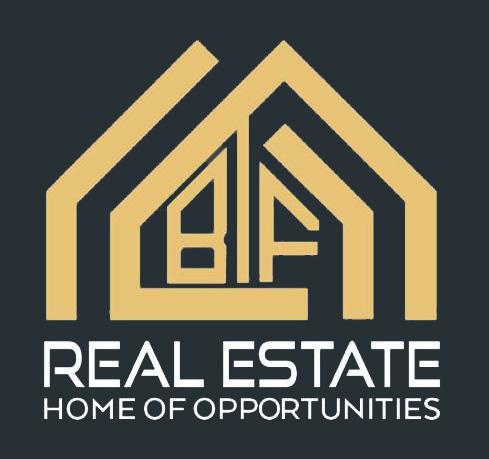The Dark Side of Casino Revenue: How Problem Gambling Affects Local Communities
The allure of casino revenue can be enticing for local communities, promising increased economic growth and tax income. However, the actual impact of casinos on these areas often goes beyond financial benefits. The rise in problem gambling cases, https://wildbandito-game.com/ linked to casino operations, has become a pressing concern.
Problem Gambling: A Growing Concern
According to the National Council on Problem Gambling (NCPG), approximately 2 million adults in the United States are diagnosed with a severe gambling disorder each year. This number is estimated to be higher, as many cases go unreported due to stigma and shame surrounding the issue. The casino industry has faced criticism for contributing to this problem through aggressive marketing tactics and inadequate player protection measures.
Marketing Tactics Under Fire
Casinos often employ strategies aimed at enticing customers to spend more time and money within their establishments. These may include offering "free" food and drinks, providing high-stakes gaming options, or even using technology that tracks players’ spending habits to offer personalized promotions. Critics argue that such tactics exploit vulnerable individuals, particularly those struggling with problem gambling.
The American Gaming Association (AGA) maintains that casinos are responsible for promoting responsible gaming practices and ensuring that their facilities are safe environments for patrons. However, industry insiders have admitted to using targeted marketing techniques to attract high-spending players, which can exacerbate problem gambling issues.
The Economic Impact of Problem Gambling
The financial consequences of problem gambling extend far beyond individual cases. Communities affected by these issues often see increased costs associated with social services, law enforcement, and healthcare. A study conducted by the NCPG estimated that each problem gambler costs their community approximately $1,300 per month.
These expenses can have a ripple effect on local economies, as funds are diverted from essential public programs to address the consequences of problem gambling. Furthermore, casinos often contribute only a portion of revenue generated from problem gamblers to local coffers, leaving taxpayers to shoulder the remaining burden.
The Human Cost: Lives Affected by Problem Gambling
Problem gambling not only affects individuals but also their loved ones and communities as a whole. Spouses, children, and friends of those struggling with addiction often bear the emotional toll, feeling helpless and frustrated in their attempts to support their loved one.
A study published in the Journal of Behavioral Addictions found that nearly 50% of adults who identified themselves as problem gamblers reported experiencing relationship problems due to their behavior. These strained relationships can have long-lasting effects on family dynamics and social connections within communities.
Casino Revenue vs. Community Costs
While casinos generate revenue for local governments, the financial benefits often come at a steep price. As seen in problem gambling cases, the true cost of casino operations can far exceed initial estimates, placing an unsustainable burden on community resources.
In some jurisdictions, casinos have been accused of engaging in predatory practices to exploit players’ vulnerabilities. This can include employing high-pressure sales tactics or encouraging players to spend more than they can afford to lose. Regulatory bodies have struggled to keep pace with the evolving landscape of casino operations, leading to inconsistencies and inadequate safeguards for consumers.
Reform Efforts: Working Towards Change
In recent years, some jurisdictions have begun implementing reforms aimed at mitigating the negative impacts associated with problem gambling. These measures may include:
- Implementing stricter player protection regulations
- Providing increased funding for problem gambling treatment and support services
- Encouraging casinos to adopt responsible gaming practices
While progress has been made, more work is needed to address the complexities surrounding casino revenue and its effects on local communities.
The Way Forward: Balancing Economic Benefits with Social Responsibility
In order to create a healthier environment for both gamblers and their communities, the casino industry must prioritize responsible gaming practices. This includes implementing effective player protection measures, promoting education and awareness about problem gambling risks, and contributing fairly to local coffers.
Ultimately, a balanced approach is required, one that acknowledges the benefits of casino revenue while also addressing the pressing concerns surrounding problem gambling. By working together towards this goal, communities can better protect their residents and ensure that the economic gains associated with casinos are realized without sacrificing social well-being.
